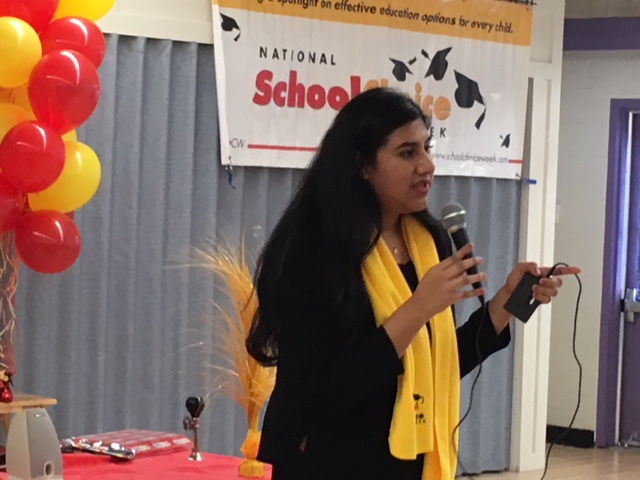Rethinking Regulation

The newly released paper Rethinking Regulation by Michael McShane is a fundamental analysis of the effects regulation has on the rapidly evolving school choice market. Rethinking Regulation emphasizes the basic economic effects of deregulation and expounds the regulatory process that controls our educational system.
As McShane notes, the standards set in K-12 education–the origins of regulations–are determined by politics. Deciding the basic skill set students need to function in society, what topics students should be exposed to in order to have some idea of a future career path, and the ideal rigor that classes should be taught at to maximize efficiency and student engagement is currently a legislative, not purely empirical, process.
Education serves a broad purpose; its aim is to help students become their most purposeful selves by cultivating a set a of skills that will fulfill both a need in society and the student’s personality and interests. Each student inherently has their own interests and values and will follow the educational path that provides them the opportunity to develop skills related to these interests and values. For instance, I love building Legos and drawing–perhaps I will be an architect or an artist. Either way, my education should help me explore these fields. This aids in my development of self and my commitment to mastering skills related to my interests that will later benefit and serve society.
Education is a service where individualism should be stressed, not compromised to bureaucracy. We promote and admire educational choice for this very reason, a belief in the individual and the well-being forged by that individual’s own aptitude and values.